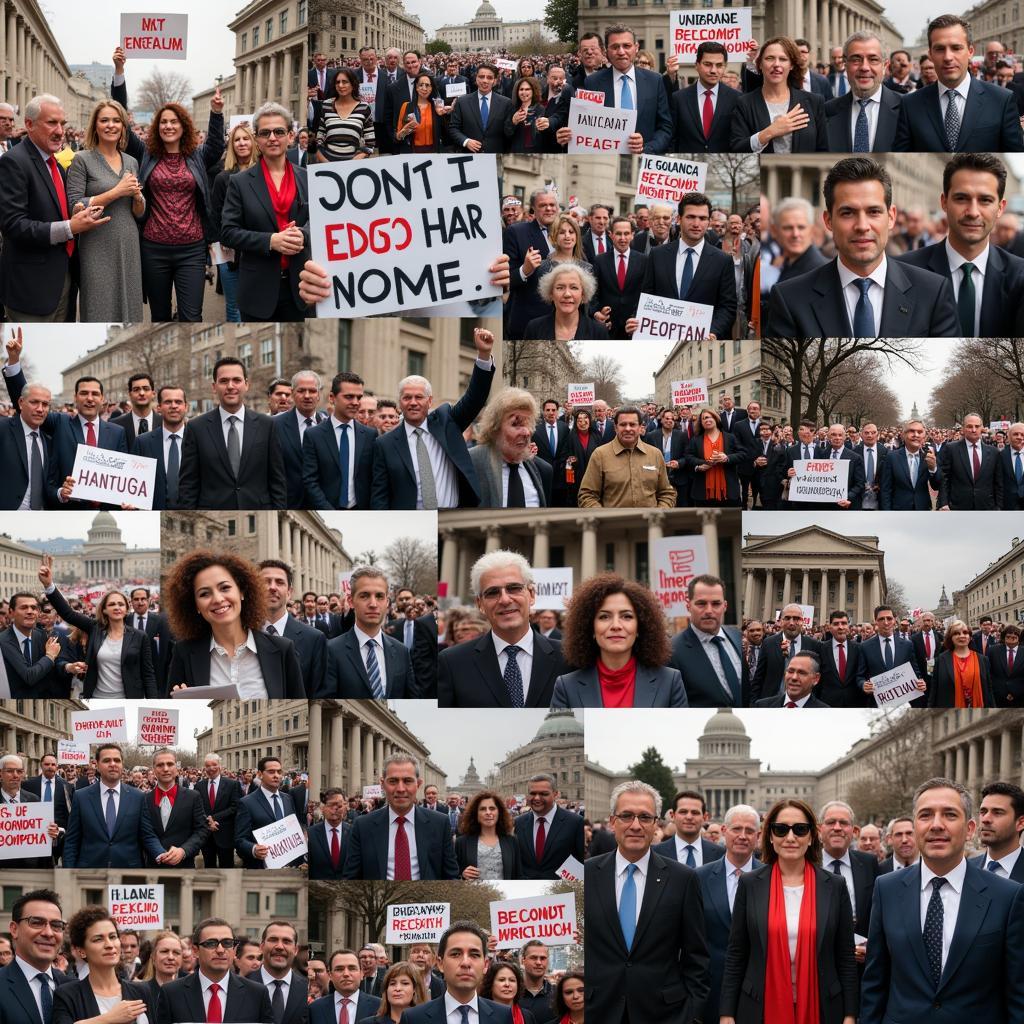According to Truman, societies vulnerable to totalitarian regimes share certain characteristics. These vulnerabilities, as identified by President Harry S. Truman, stem from economic instability, social unrest, and a lack of democratic principles. Understanding these factors is crucial to safeguarding democracies and promoting peace worldwide.
The Truman Doctrine and the Threat of Totalitarianism
Truman’s perspective on totalitarian vulnerability arose during the Cold War, a period of intense ideological struggle between the democratic West and the communist East. His famous Truman Doctrine, articulated in 1947, pledged US support for free peoples resisting subjugation by armed minorities or outside pressures. This doctrine acknowledged that certain societal weaknesses create fertile ground for totalitarian ideologies to take root.
Economic Instability as a Breeding Ground for Extremism
One key factor identified by Truman is economic instability. Desperate economic conditions, such as widespread poverty, unemployment, and inflation, can erode public trust in democratic institutions. This disillusionment makes people more susceptible to extremist ideologies promising quick fixes and scapegoats for their problems. Totalitarian regimes often exploit these vulnerabilities, offering simplistic solutions and blaming external enemies or minority groups for the nation’s woes.
Social Division and the Erosion of Unity
Social divisions also contribute to a society’s susceptibility to totalitarianism. When a nation is fractured along ethnic, religious, or class lines, it becomes easier for totalitarian movements to exploit these differences and gain support. They often promote a narrative of us versus them, targeting specific groups as enemies of the state and promising unity and strength through conformity.
The Absence of Democratic Principles and Institutions
Perhaps the most crucial vulnerability, according to Truman, is the absence or weakening of democratic principles and institutions. A lack of free and fair elections, an independent judiciary, freedom of speech and assembly, and a vibrant civil society creates a vacuum that totalitarian regimes can readily fill. Without these safeguards, individuals are less able to hold their leaders accountable, express dissenting opinions, or organize to protect their rights.
How Truman’s Insights Remain Relevant Today
Though the Cold War has ended, Truman’s observations about totalitarian vulnerability remain remarkably relevant. Around the world, we continue to see how economic hardship, social divisions, and weak democratic institutions can create an environment conducive to the rise of authoritarianism.
 Truman Doctrine and Modern Relevance
Truman Doctrine and Modern Relevance
Protecting Democracy: Lessons from Truman
Truman’s insights offer valuable lessons for protecting democracy and fostering peace in the 21st century. Strengthening democratic institutions, promoting economic opportunity, and fostering social cohesion are essential to building resilient societies that can resist the lure of totalitarian ideologies.
- Strengthening democratic institutions: Supporting free and fair elections, independent judiciaries, and a free press are vital for upholding democratic values.
- Promoting economic opportunity: Investing in education, job creation, and social safety nets can help reduce economic inequality and prevent social unrest.
- Fostering social cohesion: Promoting dialogue, understanding, and respect across different communities can help bridge divides and strengthen national unity.
Conclusion: Safeguarding Democracy in a Changing World
According to Truman, what makes society vulnerable to totalitarian regimes is a complex interplay of economic, social, and political factors. By understanding these vulnerabilities and taking proactive steps to address them, we can strengthen democracies and build a more peaceful and just world. The fight against totalitarianism is an ongoing effort, requiring constant vigilance and a commitment to upholding democratic values.
FAQs
- What was the Truman Doctrine?
- How did the Cold War influence Truman’s views on totalitarianism?
- What are some examples of totalitarian regimes in history?
- How can we strengthen democratic institutions in vulnerable societies?
- What role does education play in preventing the rise of totalitarianism?
- How can we promote economic opportunity and reduce social inequality?
- What are some effective strategies for fostering social cohesion and bridging divides within communities?
Need Support? Contact us: Phone: 02043854663, Email: [email protected] Or visit us at: Khu 34, Bac Giang, 260000, Vietnam. We have a 24/7 customer support team.